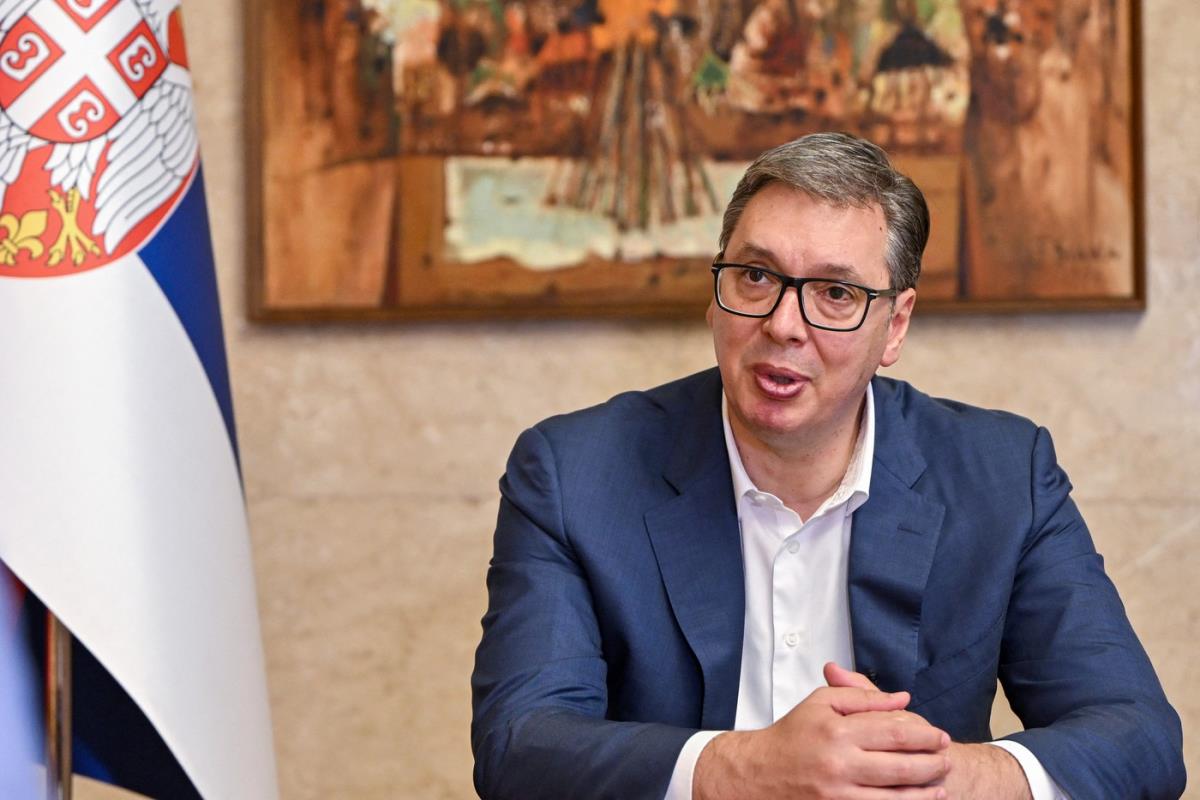Vučić Receives Credentials: Diplomatic Parade or Publicity Stunt?
Today at 10 AM in the Palace of Serbia, President Aleksandar Vučić is set to receive credentials from multiple ambassadors, including the ambassador from Indonesia, Andrean Ervin. But wait, there’s more – ambassadors from Burkina Faso, Uzbekistan, Turkmenistan, Ecuador, Georgia, Bangladesh, the Dominican Republic, and the Philippines are also on the list.
Sounds like Serbia is becoming the center of the world, right? But let’s get real – how many of these ambassadors actually live in Serbia, and how many are just on paper? Most are non-residential ambassadors, meaning their main duties are elsewhere, and Serbia is just an additional posting.
This ceremony is more than just a formality. It’s a chance for Vučić to showcase Serbia’s good relations with countries from all continents, from Asia to Africa and South America. But is this really a diplomatic success or just a show for domestic and international audiences?
While Vučić smiles and accepts the letters, ordinary citizens wonder – what does Serbia actually gain from these relationships? Will anything change in everyday life? Or is this just another opportunity for political points?
As the world changes, Serbia still plays the game of old diplomatic rituals. But maybe it’s time to ask – do we need more than ceremonies? Do we need real diplomacy that delivers concrete results?
If you have thoughts on these diplomatic games, feel free to share. Maybe together we can uncover what’s really going on behind the scenes of these credential letters.
Vučić Receives Credentials: Diplomatic Parade or Publicity Stunt?
Today at 10 AM in the Palace of Serbia, President Aleksandar Vučić will receive credentials from multiple ambassadors, including those from Indonesia, Burkina Faso, Uzbekistan, Turkmenistan, Ecuador, Georgia, Bangladesh, the Dominican Republic, and the Philippines. Most are non-residential ambassadors, meaning they do not reside permanently in Serbia.
This ceremony is a traditional diplomatic event, but it raises the question of how significant these relationships really are for Serbia. Is this just a formality, or is Vučić using the opportunity to show international support? While Serbia strives to maintain good relations with various countries, citizens wonder what practical benefits they get.
In a world full of challenges, Serbia still holds on to old diplomatic rituals, but maybe it’s time for real diplomacy that brings concrete benefits. What do you think about these diplomatic games? Share your thoughts and join the conversation!






















